How the late Queen prepared King Charles III for his new role
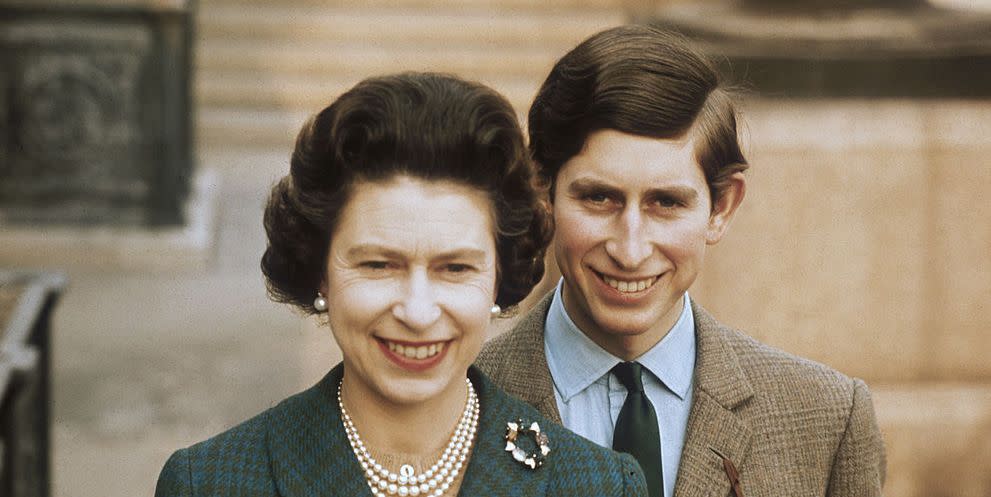
No-one in British public life has ever been so familiar, so rooted in the national consciousness. You need to have been born before the end of the Second World War to be able to recall a time when the face on the stamps or the coins or the banknotes was not that of Elizabeth II. So following in her footsteps is a challenge on a scale which none of King Charles III’s predecessors have known. Fortunately, however, the accession system operates like clockwork while the absence of a written constitution means that new monarchs also have a certain leeway with their coronations.
And the new King is very well-placed for the task. For, just as Queen Elizabeth II was the longest-reigning monarch in British history, her son was the longest-serving heir to the throne. The range of his public duties – in terms of both time and subject matter - far exceeds that of any politician past or present.
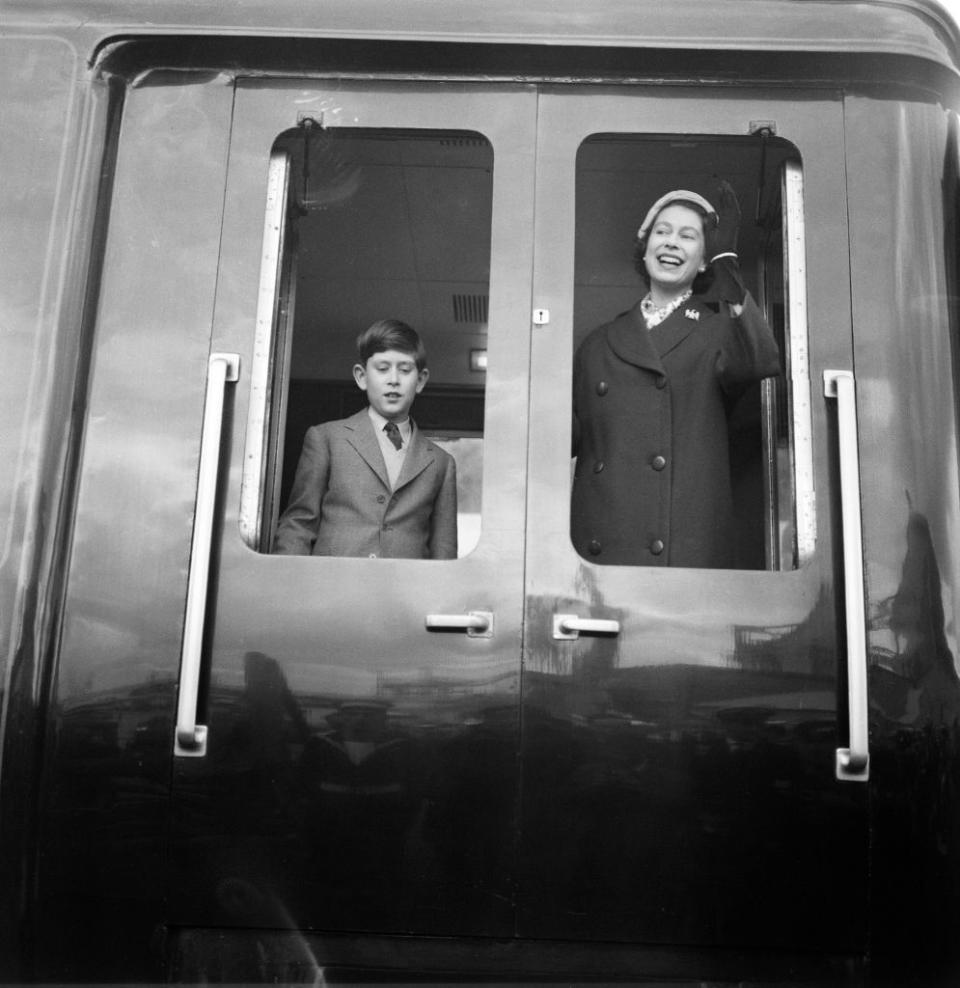
This is a man who formally began public duties back in 1969, when he was invested as Prince of Wales at Caernarfon Castle. From then on, he was opening hospitals, touring the Commonwealth and making speeches about the state of the planet. Even while still an undergraduate at Cambridge, he was expected to represent the Queen overseas (visiting Australia and Japan while also revising for his final exams).
By then, he had already absorbed – since before he could walk – that royal life comes both with great privilege but also a duty to others.
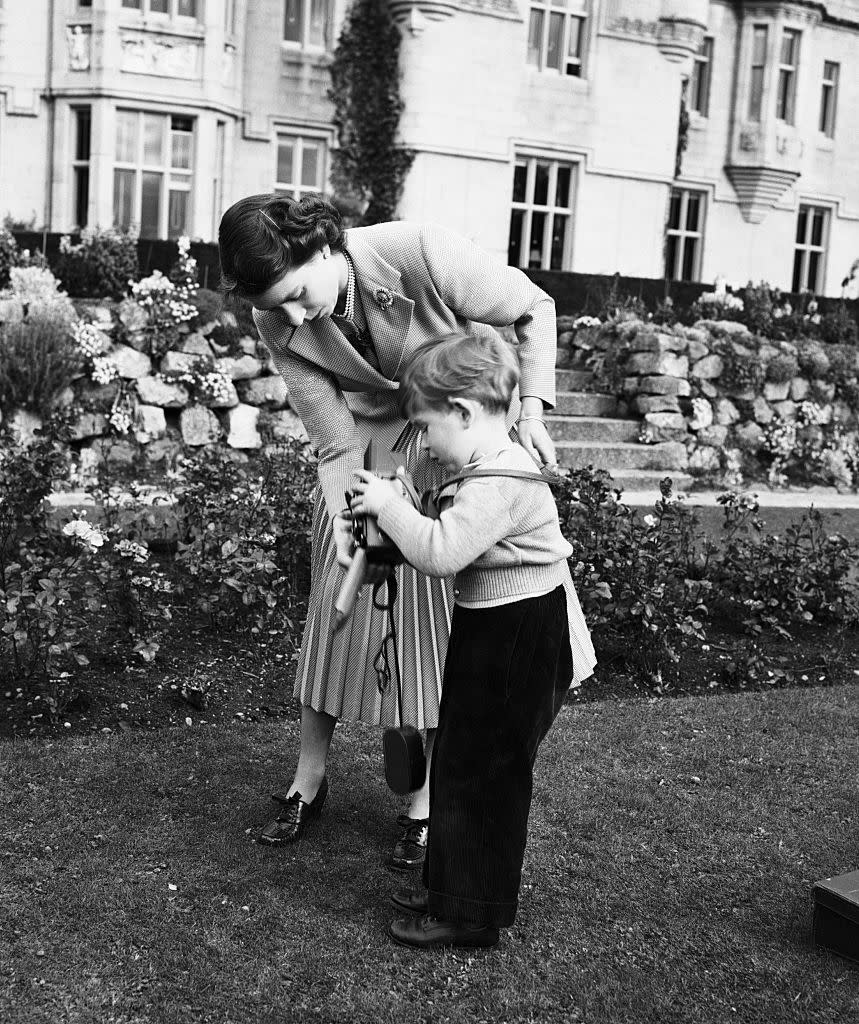
Within the Royal Family, it has invariably been a case of show not tell. Neither King George VI nor his elder brother, Edward VIII, had received any proper instruction in the art of kingship.
‘I’ve never even seen a state paper,’ George VI lamented to his cousin, Lord Louis Mountbatten, on the first night of his reign. ‘I’m only a Naval officer, it’s the only thing I know about.’
He and his wife were keen to make sure that Princess Elizabeth had a better understanding of the role ahead of her. They arranged for her to have lessons in constitutional history from Eton master Sir Henry Marten and to gain a proper grounding in French, for the benefit of her future subjects in French-speaking Canada.
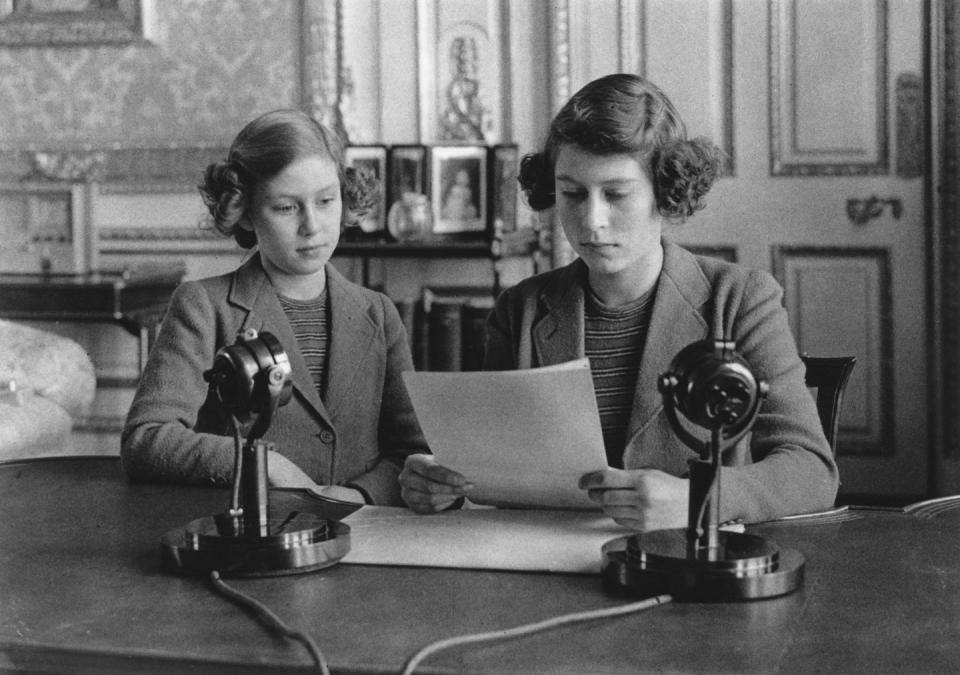
Charles III was the first monarch-in-waiting to receive a conventional school education and he ensured that both his sons had the same. His official biographer, Jonathan Dimbleby, reveals that the new monarch was also given a surprising amount of freedom in devising his own path, although it sometimes brought him into conflict with the Palace establishment. The late Queen’s then private secretary was concerned that The Prince’s Trust, which Charles created using the contents of his Royal Navy pension, might clash with existing royal charities. Yet, he stuck to his guns and went on to create the largest charitable network in Britain, making a tangible difference to countless young people (as his father had done with his Duke of Edinburgh’s Award).
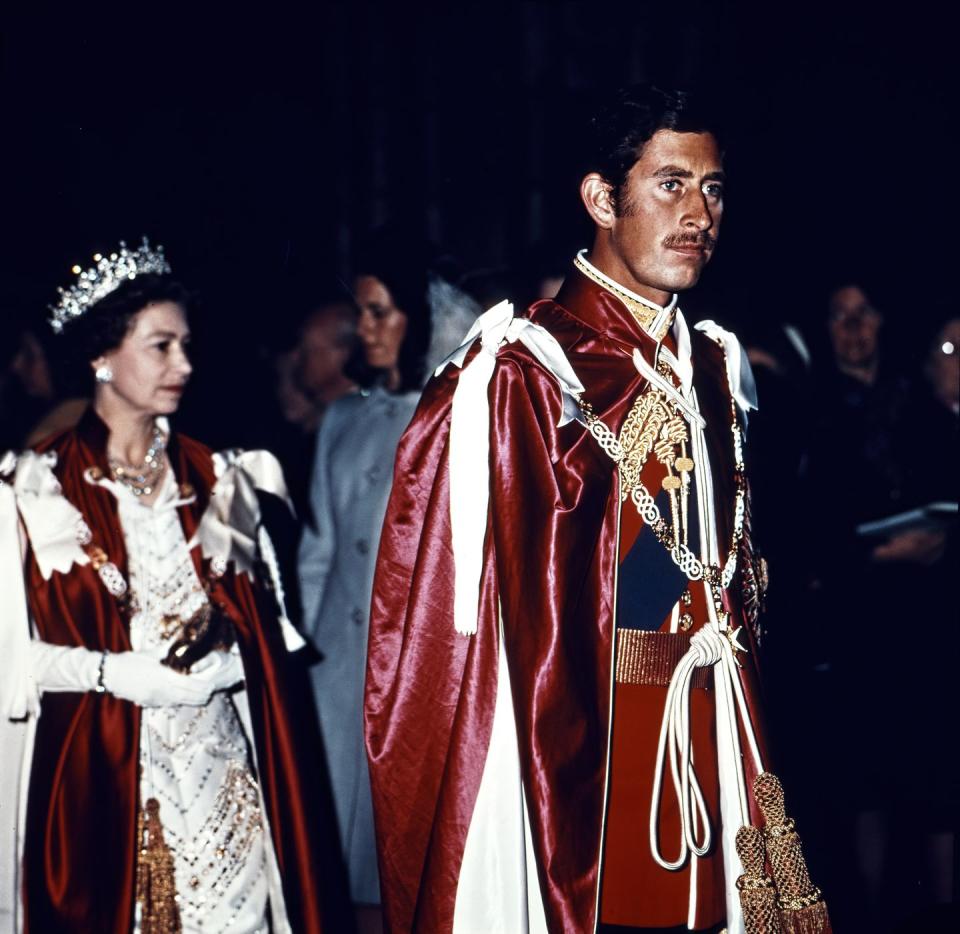
The new king took an even more hands-off approach with his sons, leaving them to devise their own three-stage plan of royal engagement by funding a small but very focussed office based at St James’s Palace. Stage One for William and Harry was about learning, establishing key interests and a degree of credibility while serving in the Armed Forces. Stage Two was undertaking a number of royal duties within their military careers. Stage Three would be full-time royal duties.
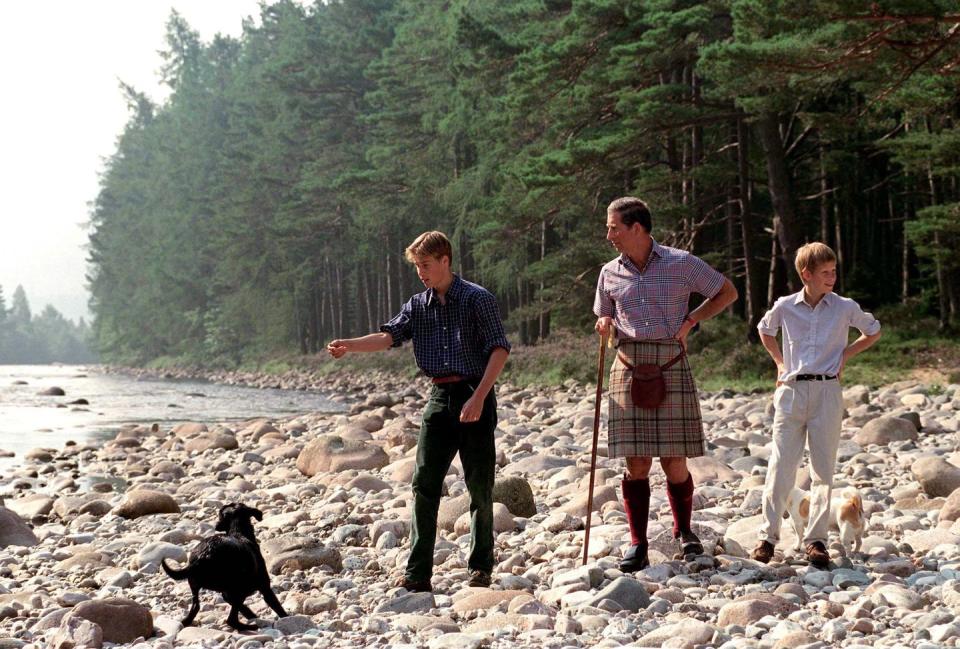
Through it all, Charles took care not to interfere, let alone tell his sons how to ‘do’ their royal duty. Both he and his mother were there for advice when asked but they both understood the need for young royals to have good advisers and breathing space. The late Queen specifically asked a senior ex-diplomat, Sir David Manning, to act as an independent sounding board for William and Harry.
As the years advanced, the Queen increasingly turned to her son and, to a lesser extent, Prince William to represent her at home and overseas.
As the years advanced, the Queen increasingly turned to her son and, to a lesser extent, Prince William and other members of the family to represent her at home and overseas. The final phase of her reign would prove to be genuinely unprecedented. No other monarch had ever reigned for anything like as long. This actually worked to the Queen’s advantage. In the absence of a precedent, she could make her own choices, such as her decision to ask the Prince of Wales to open Parliament on her behalf for the first time in May 2022.
He, in turn, remained scrupulous about not giving voice to his plans for a new reign. Despite endless speculation in the media, he remained tight-lipped about all the things to which he had, inevitably, given a great deal of thought. To talk about these things, in his view, would be inappropriate and disrespectful.
For the first duty of anyone in charge of a hereditary institution is to pass it on in a similar (or better) condition than you received it.
Monarchy is not like a brand of politics or soap powder. It does not do makeovers. It does gradual, often imperceptible change. The new King knows he must move with the times – but not ahead of them. The new Prince of Wales needs no reminder that his role as heir is not his only priority. He has already taken a great deal of care to ensure that Prince George is as prepared as he can be for what lies ahead. For the first duty of anyone in charge of a hereditary institution (or family business) is to pass it on in a similar (or better) condition than you received it.
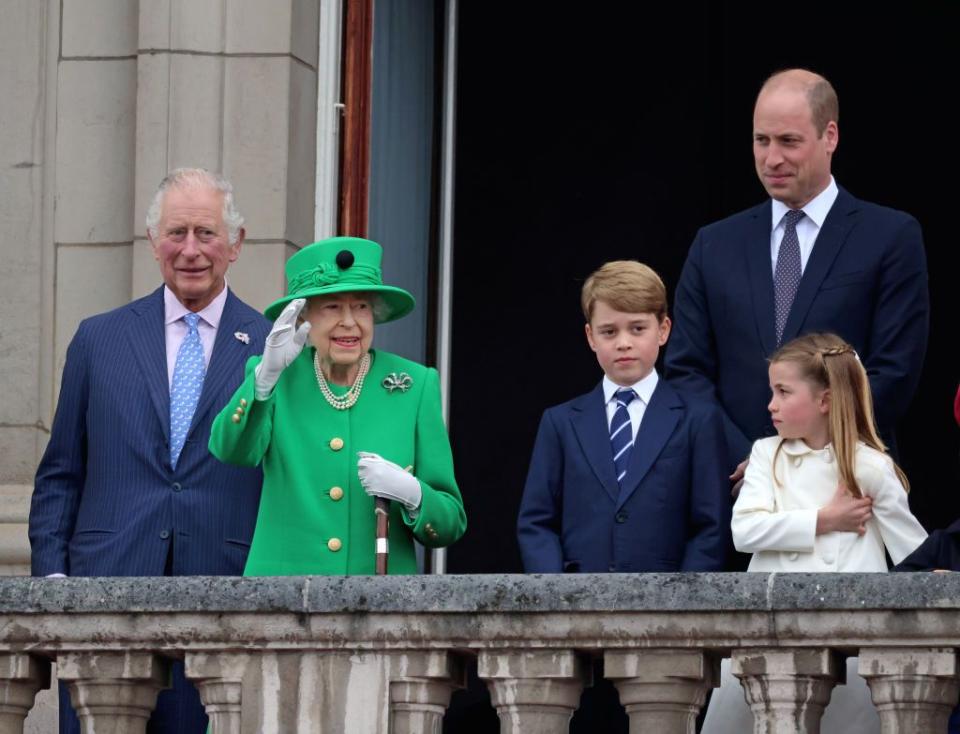
Robert Hardman is the author of the bestselling biography, Queen Of Our Times – The Life Of Elizabeth II. He also writes for the Daily Mail.
You Might Also Like



